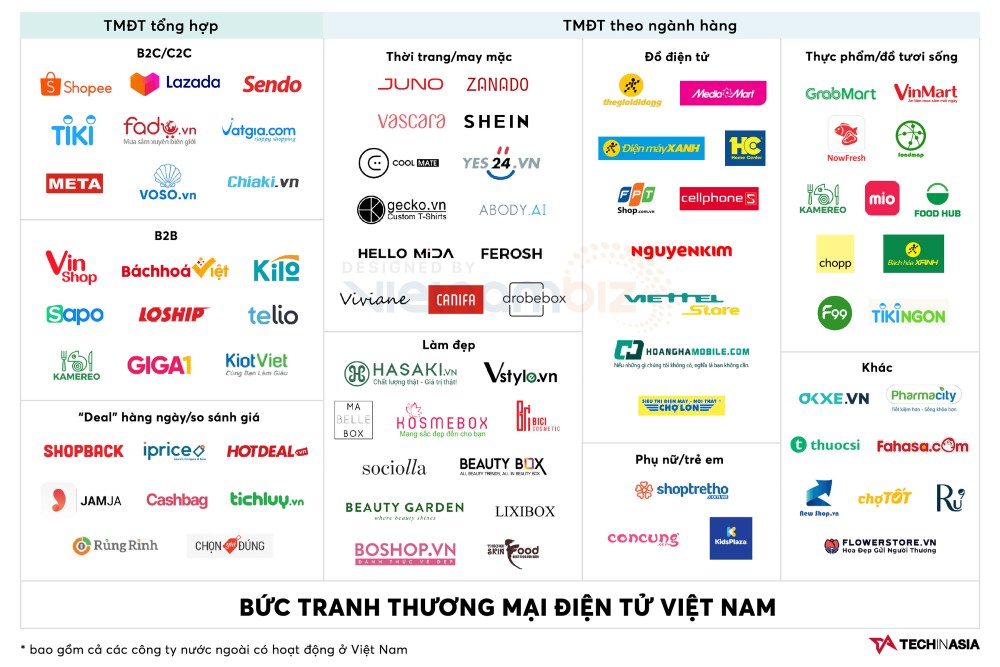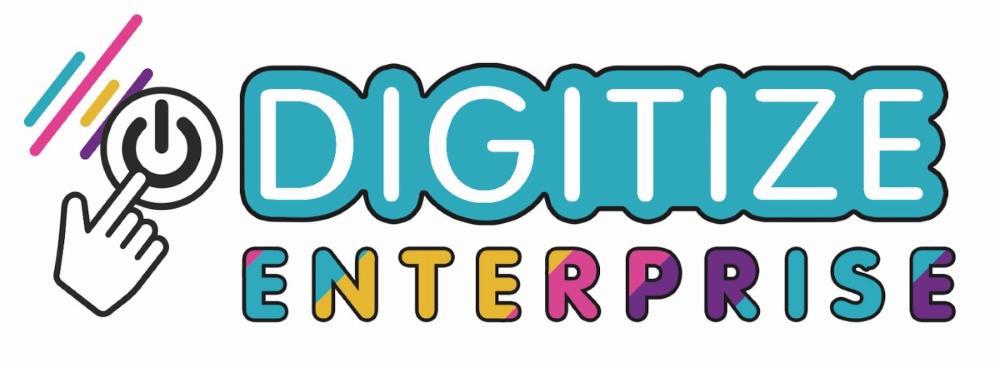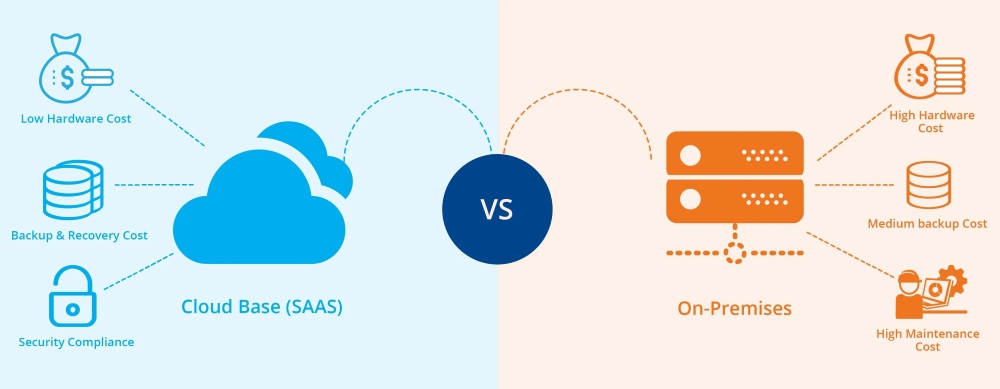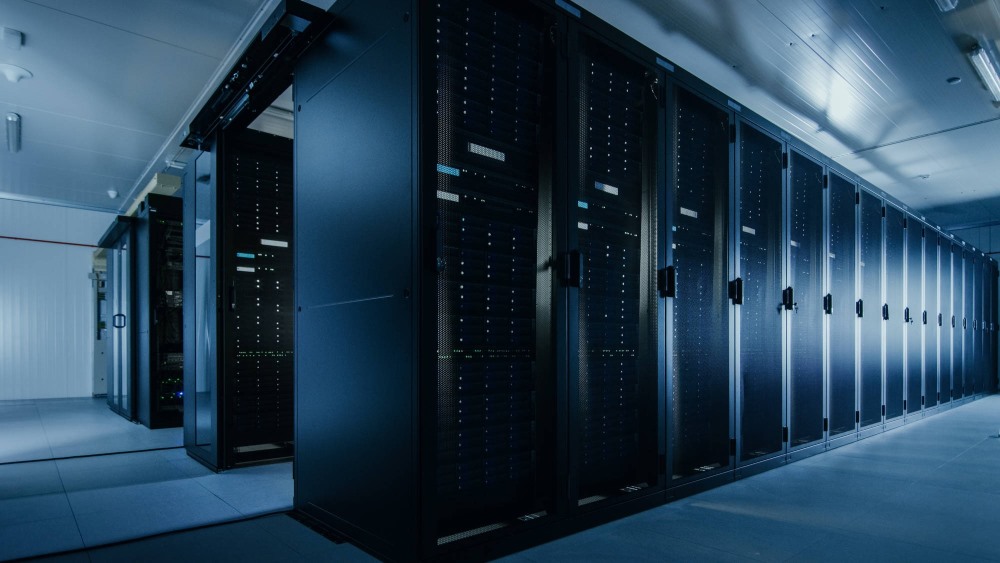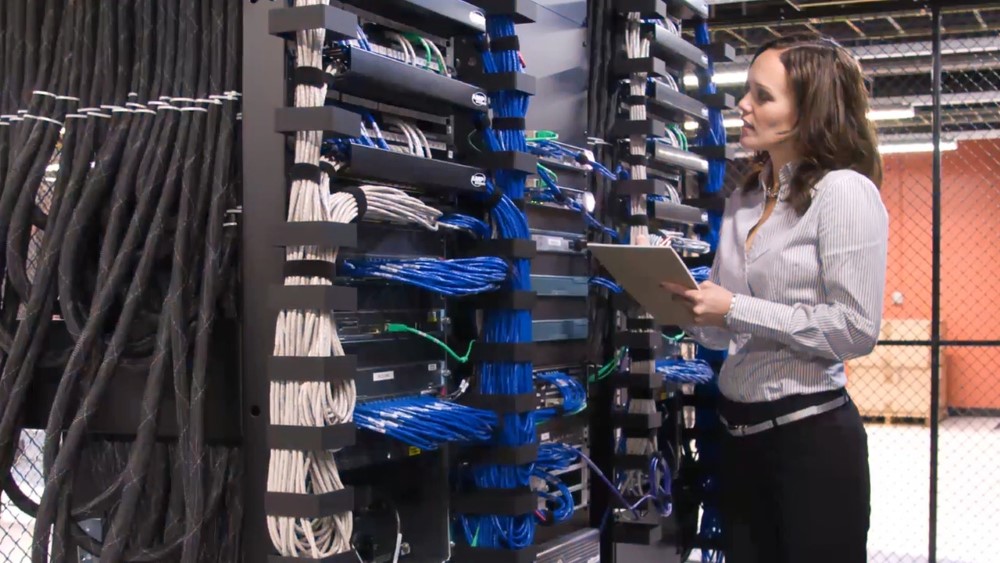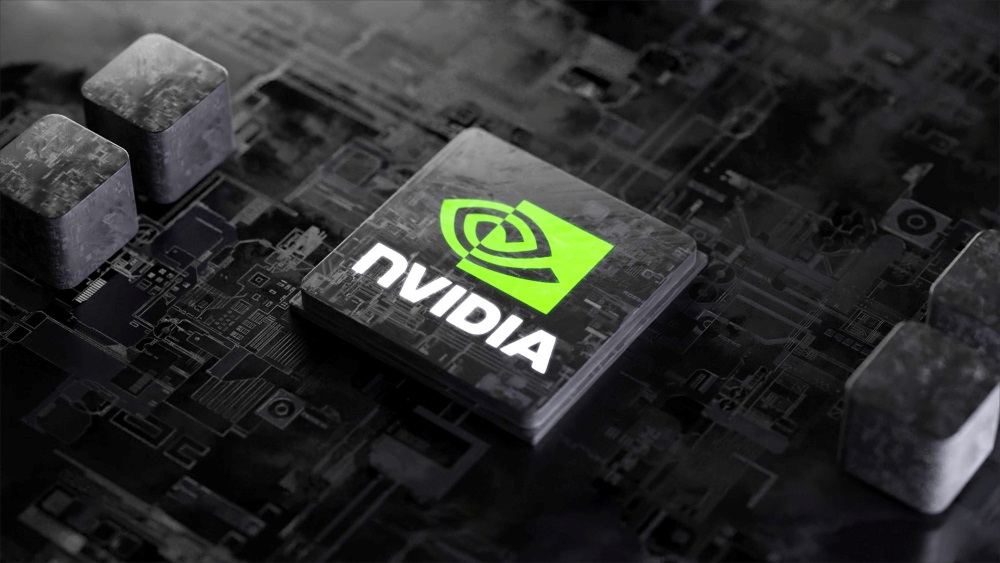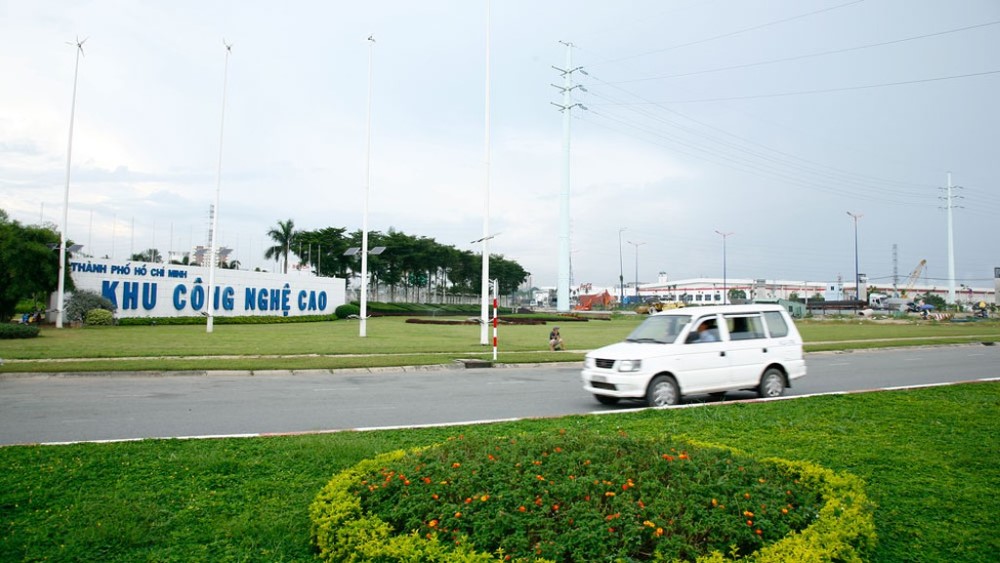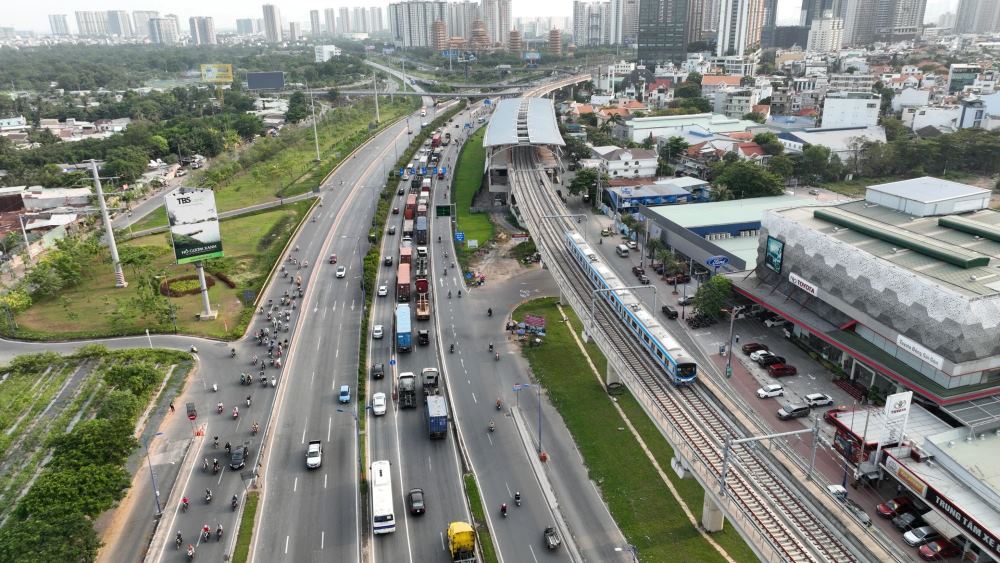Data center and the Digitalization of Businesses
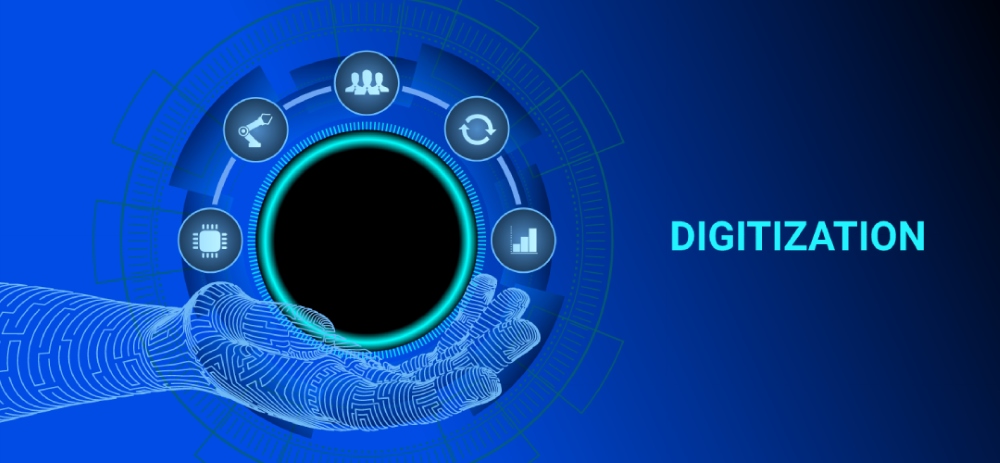
In the midst of the fourth industrial revolution, the process of digitalization is profoundly reshaping the operational models of modern businesses. The concept of “digitalization” has evolved beyond being just a trend; it has become a core element for competing and surviving in a fiercely competitive business landscape. In this context, the data center in Saigon Hi-Tech Park plays an important role as a robust platform supporting business development and driving the digitalization process.
Business digitalization trend
The trend of digitalization has initiated a revolution in the operations of many businesses globally. It is considered both an opportunity and a challenge. Applying digital technology to business activities offers substantial benefits while demanding adaptability and flexibility.
Commerce is one of the industries that adapts and develops most strongly in the digital age
The rapid advancement of technology has profoundly impacted how businesses operate and interact with customers. This advancement is evident through irreplaceable advantages such as:
- Businesses can automate and optimize various operations, including system management, production processes, financial management, and human resources. This reduces human errors and enhances business efficiency.
- Digital technology enables businesses to interact and provide superior services to customers through online channels, ensuring rapid access and real-time responsiveness.
- Digitalization opens doors for creative opportunities within businesses, from developing new digital applications, software, and products to offering unique online services.
- Digital technology helps businesses automatically and accurately collect, store, and analyze data. This facilitates realistic data-driven strategic decision-making.
Many businesses are choosing to digitize operations and products
The trend of digitalization is not confined to specific industries but is spreading across various sectors. Key industries presently harnessing digital technologies include retail and e-commerce, finance and banking, healthcare, education and training, etc. Additionally, there is a growing number of businesses that operate entirely within the digital realm, such as E-wallets like Momo or digital banks TNEX. Digital technology acts as the operational switch for a myriad of businesses in the current landscape.
Roles of data centers in business digitalization
Data centers play a pivotal role in the digitalization of businesses. They serve as central hubs for collecting, managing and storing critical business data, making it easily accessible and efficiently utilized. Data centers not only provide data storage but also serve as a platform for deploying online applications and services, creating favorable conditions for businesses to participate in the competitive digital market.
Storing business data via cloud services from a data center is the optimal choice for many businesses when compared to building their own server.
Currently, data centers are vital in ensuring the security of businesses’ information and data. Sensitive and crucial business data is safeguarded by the data center’s security measures, reducing the risks of data loss or information breaches.
Data centers can also support deploying online services, applications, websites, and online systems requiring fast and stable processing. Therefore, these data centers are designed and built with robust infrastructure to ensure stability and efficiency for businesses’ online services.
In general, the trend of digitalization is creating numerous opportunities and challenges for businesses. Data centers play a dual role in this digitalization process. They optimize business operations, and enhance the customer experience; on the other hand, data centers simultaneously support the rapid deployment of online services.
Rack cabinets contain servers in data centers
To grab these benefits, businesses need to invest in and establish data centers with optimal infrastructure and security, therefore, enhancing their competitiveness and aligning with the current digital revolution. However, building, maintaining and managing data centers can be a complex task for many businesses. Consequently, businesses are trending towards outsourcing data centers from third-party providers.
See more: Learn more about data centers in more detail
Why should businesses choose to lease data centers in Saigon Hi-Tech Park?
There are several compelling reasons why businesses opt for leasing data centers in Saigon Hi-Tech Park as ideal solutions instead of building and managing their own ones. Here are the primary rationales:
- Not all businesses possess the capacity to construct and maintain a dedicated data center, which requires significant investments in infrastructure, hardware, software, and personnel. Leasing data center services externalizes these costs, as companies only pay for the services and resources provided by the providers.
- Managing a data center can consume a substantial amount of businesses’ time, effort, and resources. By outsourcing from the providers, businesses can focus on developing their core services and values.
- Data centers demand significant physical space for servers and electronic equipment. Leasing an external data center alleviates the need for a large footprint within the office, optimizing workspace and resource efficiency.
Building and managing a data center will cost a large amount of money for most businesses
- Data center service providers often invest in cutting-edge infrastructure and technology to ensure stable operations and security for their customers. Therefore, businesses can benefit from these advanced technologies without the need for significant spending on upgrades and maintenance when opting for third-party data center services.
- Data centers in Saigon Hi-Tech Park are typically designed and managed by experienced experts in information security and data protection. This ensures businesses’ data and information remain closely guarded, mitigating risks associated with data loss or breaches.
In general, leasing data center services from third-party providers offers numerous advantages to businesses. These include cost savings, the ability to focus on core operations, efficient use of office space, access to advanced technology, and enhanced security. For these reasons, various businesses currently choose this approach to support and thrive in the ever-evolving digital revolution.
Data center evaluation standards
To make an accurate assessment and select the right data center, it’s crucial for businesses to consider several key factors, such as Downtime – Uptime during the year, backup systems, security levels, geographic location, and many more. The assessment of data center quality and scale is often based on the Uptime Tier rating system by Ultimate Institute, which encompasses four major levels from I to IV (or 1-4). Besides, the Uptime Tier rating standards are among the most widely recognized for evaluating data centers.
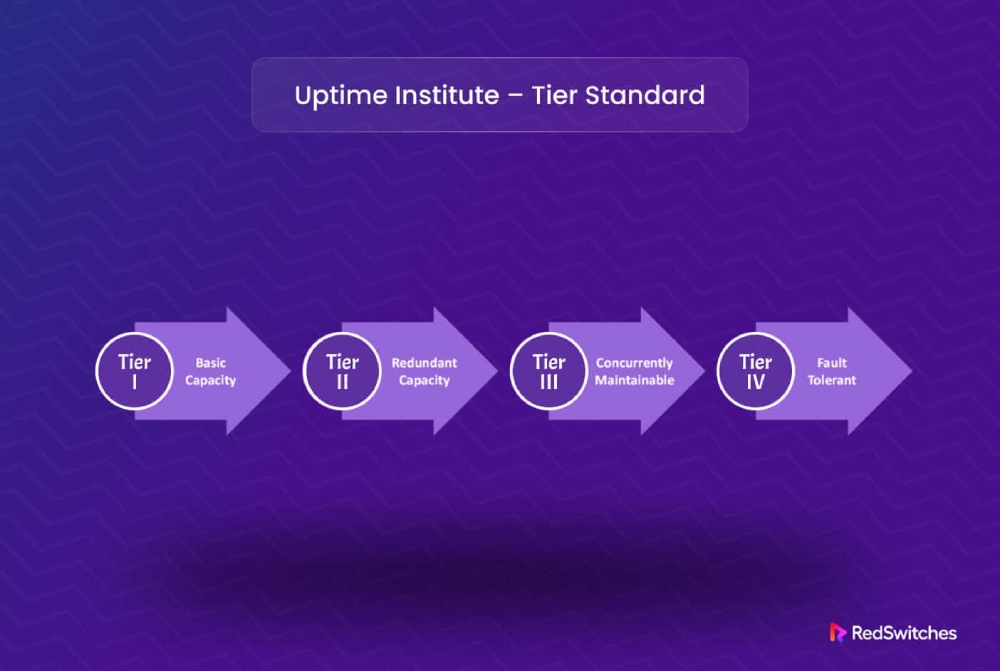
Data center assessment levels according to Uptime Institute standards
The Uptime Tier rating is primarily based on the data center’s operational uptime during a year. The higher the Tier, the more stable, secure, and reliable the data center is. Stable data center operations directly translate to smoother online activities and digital services of businesses. Therefore, opting for a higher Tier data center creates favorable conditions for business operations.
The characteristics of the four levels according to Uptime Tier are as follows:
- Tier 1 is the lowest-level data center primarily used by small businesses and organizations. Its advantages include low construction or rental costs, making it more accessible to businesses. These Tier 1 data centers may experience approximately 28.8 hours of downtime per year and typically lack backup power.
- Tier 2 data centers have less than 22 hours of downtime each year. Additionally, Tier 2 data centers feature partial backup power systems and cooling infrastructure.
- Tier 3 is a highly favored level of data centers currently built in Vietnam. These data centers offer complete backup power for all server systems for up to 72 hours. This ensures server safety during natural disasters or unforeseen emergencies. Tier 3 data centers typically have an annual downtime of about 1.6 hours.
- Tier 4 is the highest-level data center, allowing for up to 96 hours of operation following a power loss and annual downtimes of under 26.3 minutes.
High-end data centers will have redundant power sources and lower downtime
Currently, Vietnam has around 30 data centers, with less than 10 Tier 3 ones in the North, Central, and South regions. The data center supply in Vietnam remains relatively limited. However, there’s promising news in the near future. There will soon be a Tier 3 data center known as 1Hub Data Center in Saigon Hi-Tech Park. This modern data center has been invested in with up to 70 million USD, making it one of the largest data centers in Ho Chi Minh City.
1Hub Data Center located in the OneHub Saigon intergrated business park can provide many services such as rack rental, server rental, data center space rental, along with data center operation and management services. materials for businesses. 1Hub Data Center, although not yet in operation, has received attention and orders from many businesses. This promises to be a data center solution for businesses both inside and outside the Saigon Hi-Tech Park.
Conclusion
During the Industrial Revolution 4.0, data centers have played a pivotal role in the operations of many businesses. For numerous businesses, opting to lease a data center has become the optimal choice to deploy and maintain digital products, services, and operations. Vietnam’s data center market is continually growing with promising projects such as the 1Hub Data Center in Saigon Hi-Tech Park.
See more: Explore the Grade A office rental market in the eastern area of Saigon

